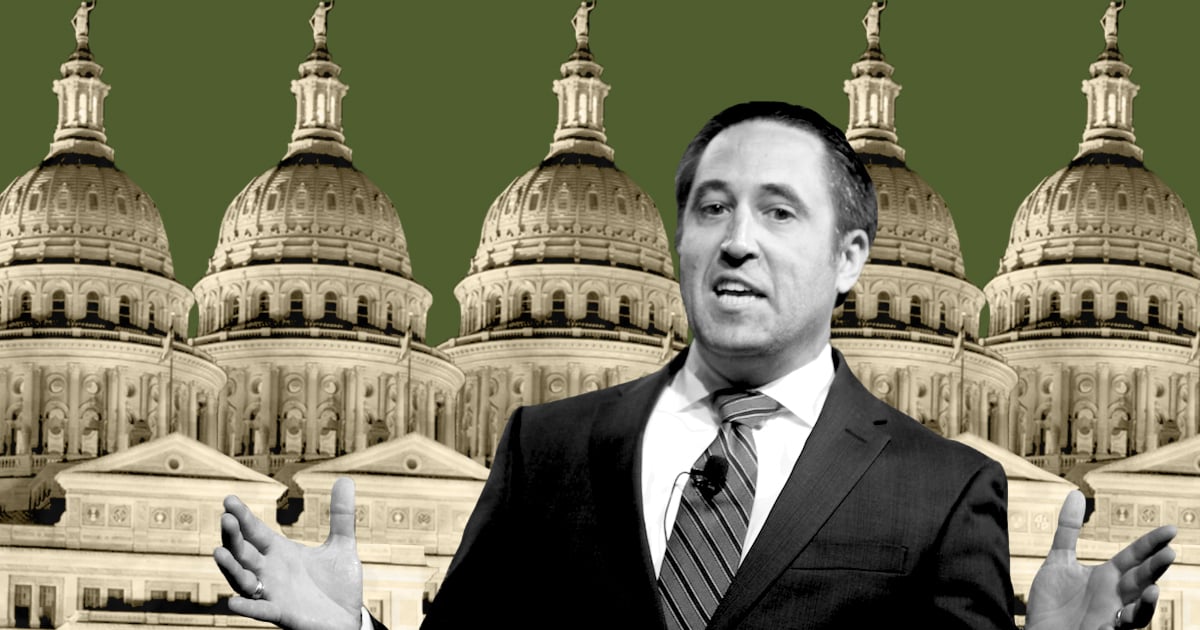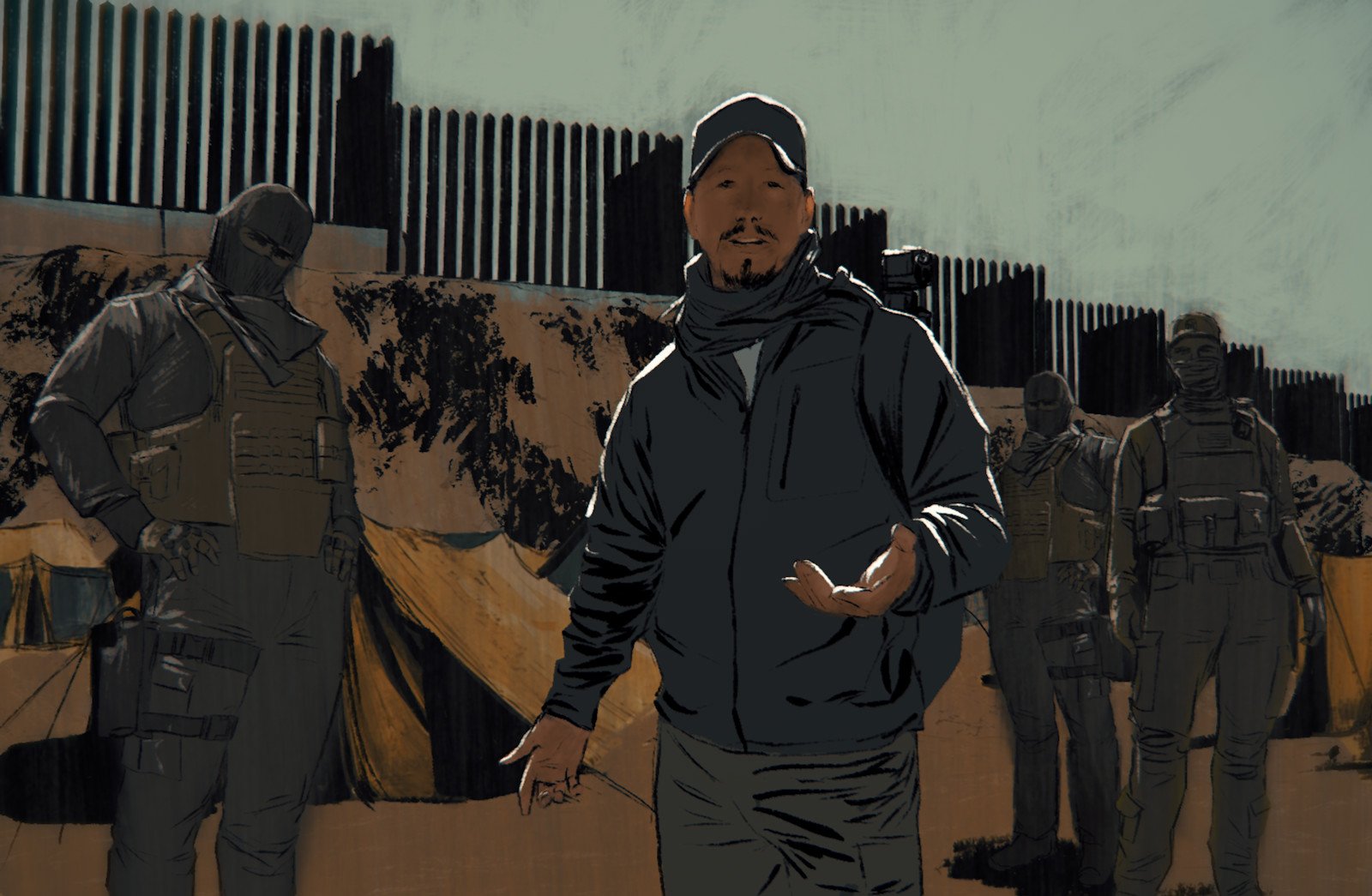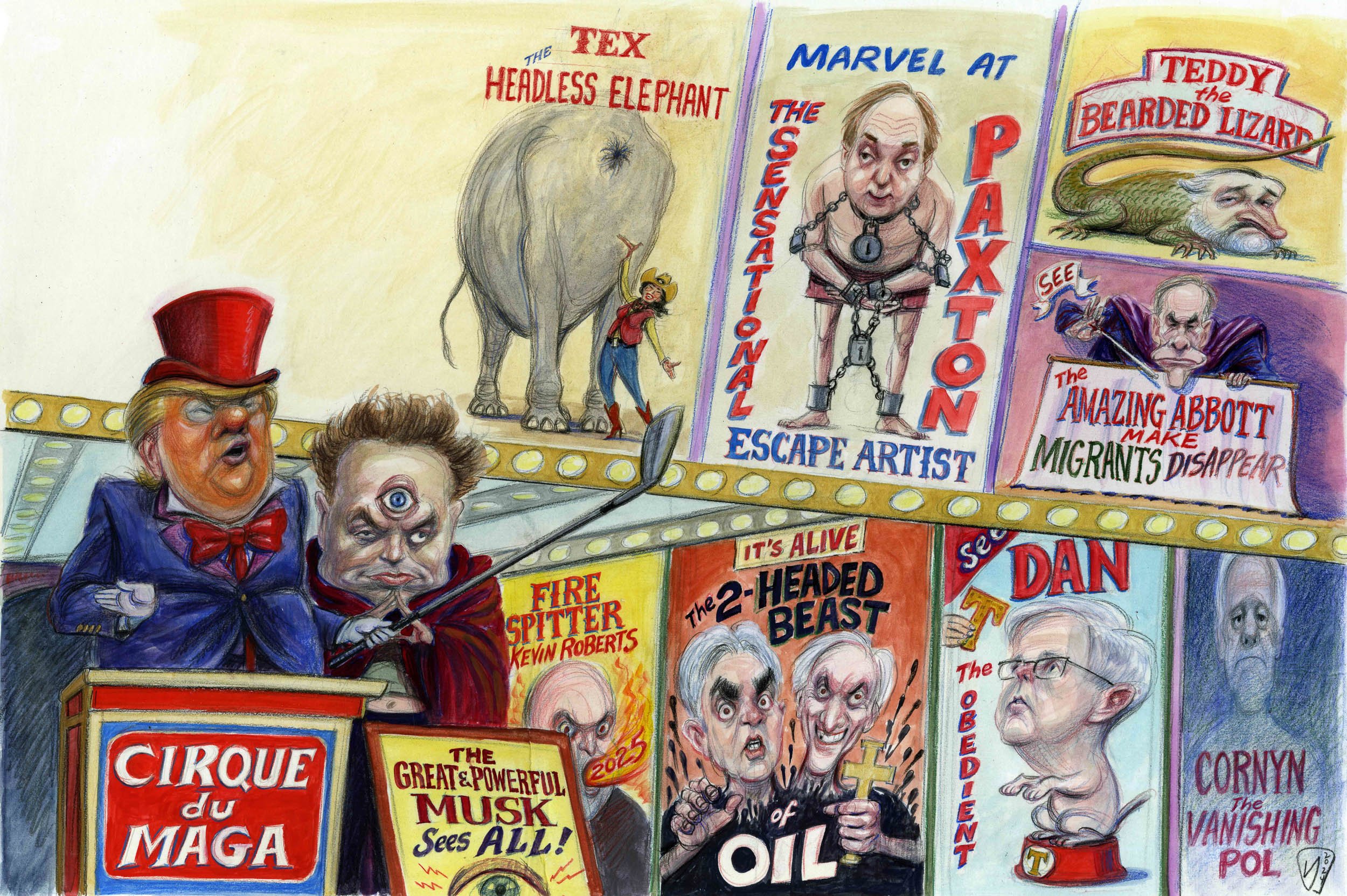Justice Department Won’t Approve Texas’ Voter ID Law
Anticipating the move, Texas already sued over the law—its fate now rests with federal judges.

Four months after U.S. Attorney General Eric Holder came to Austin to announce a crackdown on heavy-handed voter ID laws across the country—an attack on minority voting rights that he said “goes against the arc of history”—his Department of Justice has rejected the new Texas law requiring voters to show a photo ID at the polls.
The measure was a hard-fought victory for Texas Republicans when Gov. Rick Perry signed it into law last year. But since then, it’s been tied up with the Justice Department—which must “pre-clear” the law under Section 5 of the Voting Rights Act—and with a D.C. court, where federal judges are considering Texas’ suit to start enforcing the law right away. Texas is one of nine states where changes to the election law must be federally precleared, because of its history of racial bias.
After the DOJ denied preclearance to South Carolina’s voter ID law in December, Texas Attorney General Greg Abbott says the writing was on the wall, which is why he sued the feds over the law back in January. Monday’s decision, he said in a statement, is “no surprise.”
At least until there’s a decision from that federal court—or even the U.S. Supreme Court—Monday’s announcement means you’re still free to carry on your photo-free voting lifestyle. (As always, Dallas attorney Michael Li has a helpful look at the legal particulars. The Texas Tribune has a timeline of the voter ID fight.)
As Assistant Attorney General Thomas Perez wrote to the Texas Secretary of State’s office Monday morning, that should be good news for at least 600,000 Hispanic voters Texas counted that don’t have a driver’s license or personal ID card. “According to the state’s own data, a Hispanic registered voter is at least 46.5 percent, and potentially 120.0 percent, more likely than a non-Hispanic registered voter to lack this identification,” Perez wrote.
That wide range between 46 and 120 percent is due to a pair of conflicting data sets provided by the state, one from last fall and the other from January. Texas’ failure to help the DOJ understand the differences between the two, or tell the DOJ which of them is more accurate, is just one of many gaps, as Perez sees it. He points out that Texas never sent any data on whether the law would disproportionately affect African American or Asian voters.
Texas’ voter ID law includes a provision for the Department of Public Safety to issue free ID cards so people can vote—but Perez notes a few problems DOJ sees with the system. First, getting one of those free ID cards requires some other identification; if a voter doesn’t have their birth certificate—the least expensive option—it’ll cost them $22.
When 81 of Texas’ 254 counties don’t have a Department of Public Safety office where voters can get an ID card, Perez says Texas has created an extra burden on Hispanic voters, who are statistically more likely than white voters not to have a car.
Perez also writes that Texas had opportunities to mitigate the law’s impact on Hispanic voters, but didn’t bother. The Legislature balked at extending DPS office hours so voters could get their IDs, and still hasn’t come up with a program to educate voters about the photo ID law.
As in the fight over redistricting, Texas had to show the feds that their plans “have neither the purpose nor the effect of denying or abridging the right to vote on account of race or color or membership in a language minority group,” Perez writes.
As the DOJ sees it, that’s more than Texas could manage.


